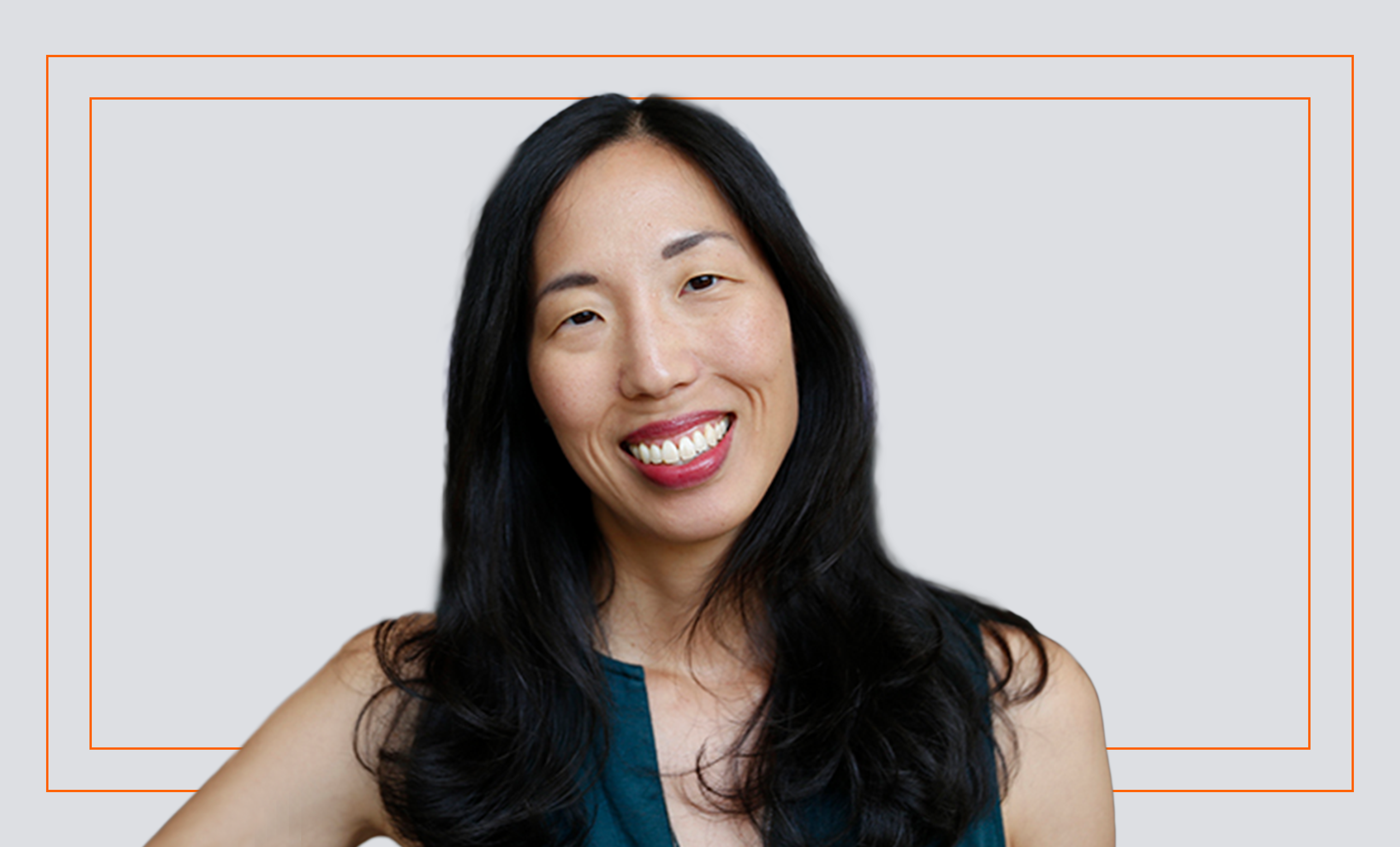If the COVID-19 pandemic has made you more anxious about money, you’re not alone. Over 75% of individuals are significantly more nervous about their personal finances and financial future, according to a Thrive Global original survey of 5,000 Americans. In these uncertain times, protecting ourselves from the harmful physical and emotional effects of money stress is more critical than ever — and hearing the financial stories of others can help. In this series, Thrive is asking savvy professionals to reveal the hard-earned money wisdom they wish they could go back and give to their younger selves.
As the VP of Content at the career powerhouse website The Muse, Jeannie Kim spends her days overseeing career advice and job search content for the site’s 75 million users.
But at the start of her career, one area where Kim could have used some guidance of her own was in the budgeting department. Her story sounds like a financial rite of passage for many millennials trying to make it in a big city: “I was a 22-year-old editorial assistant, making barely minimum wage and eating plain bagels for lunch and walking to save a couple bucks on the subway.”
Even if the term hadn’t yet been coined, financial FOMO was real. “I was working in the glory days of magazines in N.Y.C., surrounded not only by super glam co-workers with designer everything and haircuts that cost more than my winter coat, but also by college classmates who worked for investment banks and venture capital funds and whose annual bonuses were, like, triple my whole salary,” explains Kim. “So I had a lot of whiplash between my natural frugal impulses and my (also natural!) desire to go out and have fun and drink $20 cocktails with everyone else.”
The result: Kim never really got in the habit of budgeting. “If I went out to dinner one night I would eat ramen the rest of the week, but I never actually sat down and decided, ‘I have $X to spend on food and $Y to spend on clothes.’ I would have had a lot less stress about money if I’d been more intentional about spending back then.”
Here, Kim reveals a few more financial lessons she’s learned over the years. Let the money advice she’d give her younger self help you make smarter decisions.
Don’t compare yourself to others when it comes to money
Something I’m still working on to this day is not comparing myself to others, but it was especially hard when I was younger. I’d see someone my age who had a fancier job, or a designer bag, or a cool apartment, and get myself twisted in knots about why didn’t I have those things, and how could that person afford those things? But you don’t know other people’s stories: You don’t know what kind of debt they have, or whether they have a trust fund, or how hard they work to earn the things they buy. Am I where I need to be? Do I have the things I need to be safe and happy? Then that should be enough.
Negotiating is a two-way street
I wish I’d known that you can actually negotiate your salary! In the beginning of my career, I just took what I was offered and didn’t even try to negotiate. It took me until my 30s to feel comfortable asking for more, not just in terms of salary, but other upgrades, like a better title or bigger bonus. As a hiring manager now, I’m actually a little disappointed when I offer someone a job and they don’t even try to negotiate anything. I remember once I hired a remote employee and when I legitimately couldn’t budge on the base pay, she came back asking for a stipend to cover her internet costs, which I thought was such a smart thing to ask for (and I was able to give that to her!). You never know what you might be able to get.
I think it’s especially hard when you’re asked to name a figure upfront — you don’t want to lowball yourself, but you don’t want to price yourself out of a job either, if you know you’d be willing to take it for less. But here’s the thing: I remember once talking with some (female) colleagues about what we all charged for consulting work, and one of them said that a male counterpart of ours (no more experienced than any of us!) was charging an hourly rate 10 times higher than the highest rate any of us had even imagined charging. It blew my mind! The next time I was up for a consulting gig, I asked for a rate that was double anything I’d ever gotten in the past, and they didn’t even blink. Lesson learned: If you don’t ask, you’ll never receive.
When you invest in real, meaningful connection, you’ll never have buyer’s remorse
It’s always worth it to spend money to be with the people you love. In 2019 we took two huge, once-in-a-lifetime-size family vacations (me, my husband and kids, my brother, and my parents) — a cruise for my dad’s birthday, and a trip to Korea. It was such an extravagance to do both in one year, but the timing happened to work out that way. Of course, given everything that’s happened in 2020, I’m so glad we had those big trips, and that family time, especially since it’s now been a year since I’ve been able to see my parents in person.


